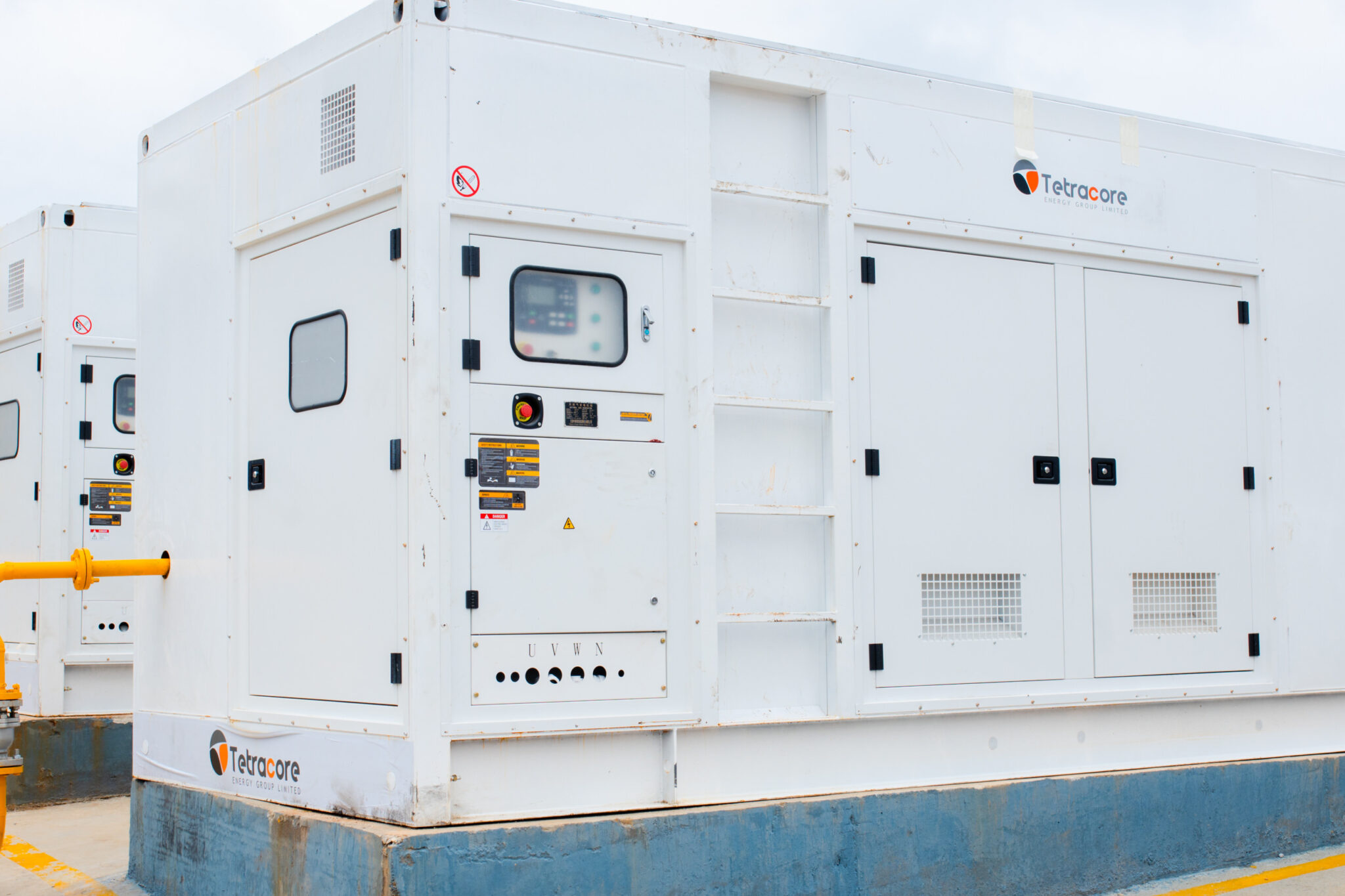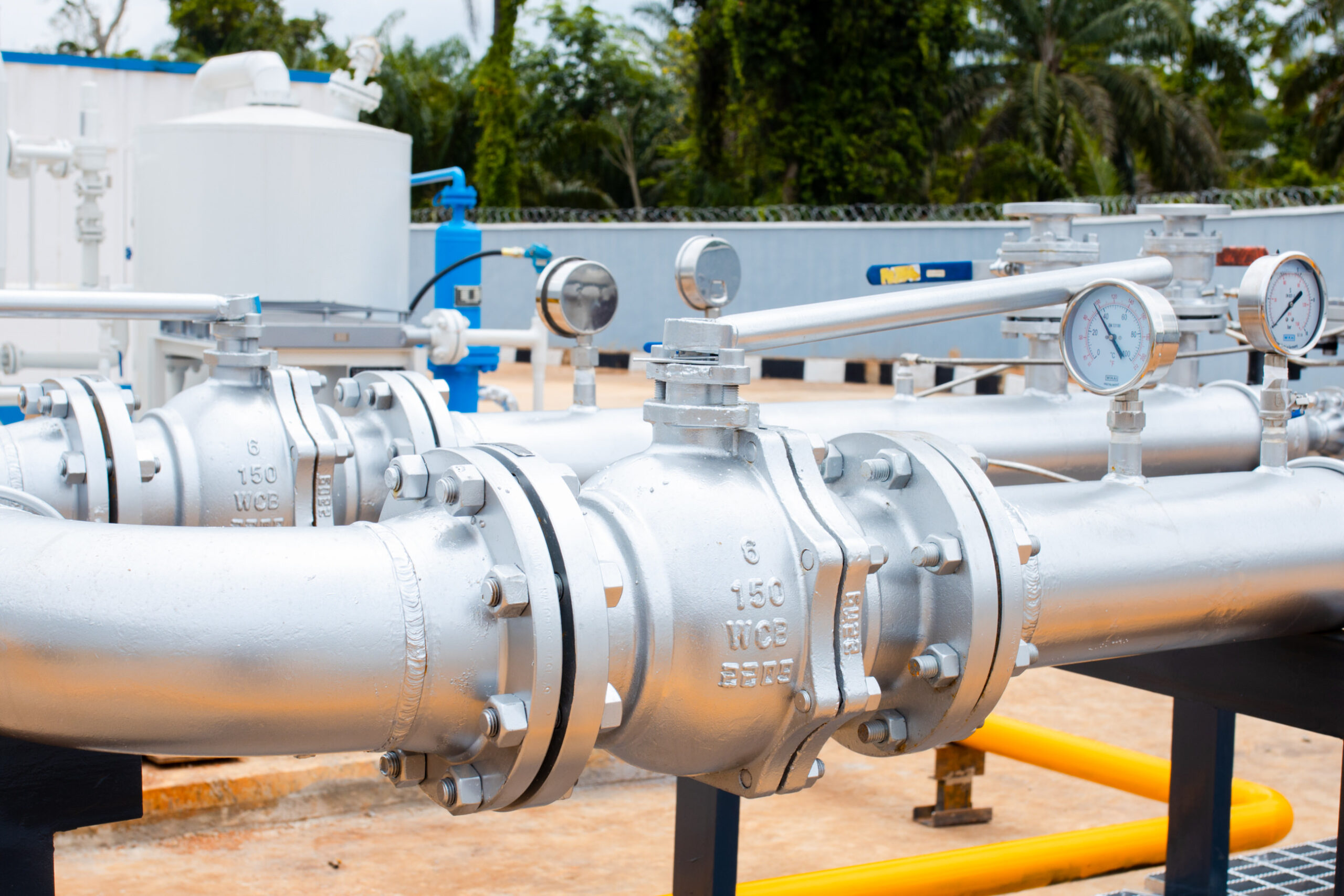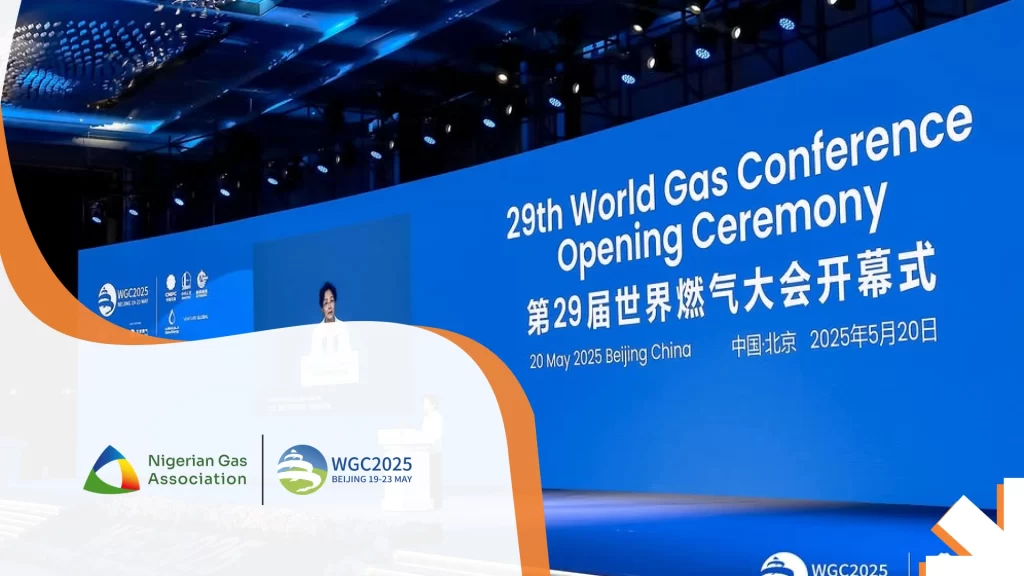Nigeria’s persistent power challenges, characterized by inadequate infrastructure, gas supply constraints, and governance issues have hindered economic growth and development despite our country’s abundant reserves. These challenges have impeded its full utilization for power generation. Hence, the need for alternative energy solutions. Compressed Natural Gas (CNG) emerges as a viable option, particularly in the context of Nigeria’s unique geographic and infrastructural landscape. This presentation will discuss the potential impact and opportunities of compressed natural gas in solving Nigeria’s energy needs with a specific focus on the role of virtual pipelines in overcoming infrastructure hurdles.
Background
Nigeria has three (3) key long term goals for the power sector which are: Capacity Expansion Target of 30 GW of installed on-grid capacity by 2030, of which 13.8 GW from grid – connected renewables; the goal of universal electrification by 2040, and of 90% electrification by 2030; and the emission reduction targets in its nationally determined contribution (NDC) under the Paris Agreement.
With gas supply constraints been one of Nigeria’s persistent power challenges, these inconsistent gas supply to power plants, leading to frequent outages and underutilization of existing capacity, CNG can serve as a reliable alternative fuel source to enhance power generation and energy stability. Virtual pipelines, which consist of a network of CNG compression, transportation, and dispensing stations, provide an effective solution because they are generally not impacted by the recurring pressure fluctuations and supply chain disruptions that affect traditional gas networks.

Role of CNG
- Expand Market Reach: Adopting the virtual pipeline options will enable CNG get to remote and underserved areas leading to rural electrification and development
- Pre-developing Domestic Markets: Virtual pipelines can be deployed to create localized markets in areas that are not connected and don’t have access to adequate infrastructure to support their energy needs.
- Enhance Supply Chain Efficiency: Optimizing the transportation and distribution of CNG, will reduce losses and improve overall supply chain efficiency
- Development of Modular Gas-to-Power Projects: The deployment of Compressed Natural Gas (CNG) as a power source in Nigeria offers significant advantages for establishing small-scale power distribution centers. This approach is not only more cost-effective than deploying large-scale mega stations but also facilitates easier setup and operation. The lower capital expenditure involved in setting up these station centers makes them an attractive option, particularly for rural areas, businesses, and communities seeking reliable energy solutions.
Impact
- Addressing Gas Supply Issues: Nigeria’s power sector has long been hampered by unreliable gas supply due to infrastructure deficiencies, pipeline vandalism, and logistical challenges. CNG can alleviate these issues by providing a more flexible and decentralized fuel supply, allowing power plants and industries to operate more consistently and efficiently.
- Improved Power Availability: With CNG as an alternative, power plants can reduce their dependence on the national gas grid, leading to fewer disruptions and better utilization of installed capacity. This could result in increased power availability, benefiting industries, businesses, and households across the country
- Increased power generation and power supply reliability: Decentralized CNG-powered generation can augment the national grid, reducing power outages and enhancing supply reliability especially in rural area. CNG can be utilize in remote areas for the development of modular scale power generation stations to these off-grid communities in the remote areas.
- Environmental benefit: The increased use of CNG as a fuel can contribute to improved air quality and reduced greenhouse gas emissions as these will reduce dependence on the use of diesel generators.
- Job creation and Economic growth: CNG is projected to be 40% to 60% cheaper than traditional fuels like petrol, making it a financially viable option for consumers and businesses alike. The Nigerian National Petroleum Corporation (NNPC) emphasizes that CNG will not only reduce fuel costs but also stabilize energy prices, insulating consumers from the volatility of global oil markets. The development of the CNG value chain, including gas production, compression, transportation, and distribution, can stimulate economic growth and job creation and attract investments.
Opportunities
- Infrastructure development
- Policy and regulatory framework
- Public awareness
- Technology transfer
- Private sector participation
- Innovation and policy development.

Challenges and Limitations
- Gas pricing
- Security
- Environmental concerns
- Regulatory framework
- Infrastructure Investment
Mitigation
- To mitigate these challenges, a combination of public-private partnerships, policy reforms, and technological advancements is necessary:
- Implementing a competitive gas pricing mechanism to ensure affordability and sustainability.
- Strengthening security measures to protect CNG infrastructure and prevent sabotage.
- Conducting thorough environmental impact assessments and mitigating negative effects.
Conclusion
CNG offers a promising pathway to address Nigeria’s power challenges. By leveraging the country’s abundant gas resources and overcoming infrastructure constraints and creating localized energy markets, this approach can contribute to sustainable development, enhance energy security and improved living standards. Government support, private sector investment, international partners and technological advancements will be crucial for realizing the full potential of this strategy.
We would love to hear from our readers. Please send your comments, feedbacks and questions to info@tetracoregroup.com
Authors: Tolu Taiwo, Gladness Adesina, Gift Iyoha.





